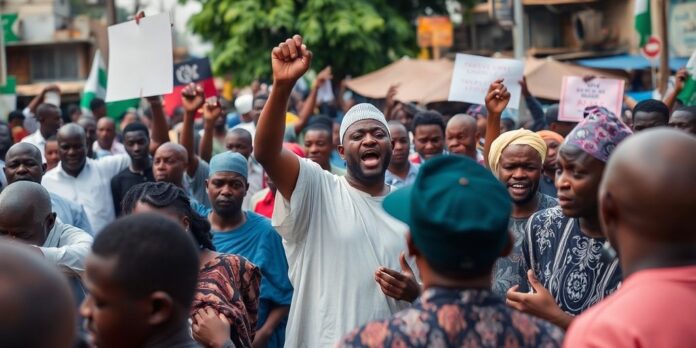Political tensions in Kano State have escalated following the government’s recent ban on live political programs on radio and television. This decision, aimed at curbing unruly behavior during broadcasts, has drawn mixed reactions from residents, political commentators, and stakeholders.
Key Takeaways
- The ban was implemented to address concerns over disrespectful and inflammatory content in political broadcasts.
- Supporters argue it will promote peace and respect cultural values, while critics see it as a violation of free speech.
- The decision has led to calls for legal challenges from affected parties.
Background of the Ban
The ban on live political programs was announced shortly after Governor Abba Kabir Yusuf expressed concerns about the negative impact of certain broadcasts. Many political programs in Kano have been criticized for fostering an environment of insults and disrespect towards public figures.
The state’s Commissioner for Information, Ibrahim Abdullahi Waiya, stated that the ban aims to preserve the cultural and religious values of Kano and to prevent public discourse from devolving into hate speech. He emphasized that the government does not intend to stifle opposition but rather to protect societal dignity.
Reactions from Media and Political Stakeholders
The response to the ban has been polarized:
- Support for the Ban:
- Opposition to the Ban:
Public Opinion on the Ban
Public sentiment in Kano is divided:
- Supporters of the Ban:
- Critics of the Ban:
Conclusion
The ban on live political programs in Kano State has ignited a significant debate about the balance between maintaining public decorum and protecting free speech. As stakeholders prepare to challenge the ban legally, the outcome may have lasting implications for political discourse in the region. The situation remains fluid, with both supporters and opponents of the ban actively voicing their opinions and preparing for potential legal battles.


